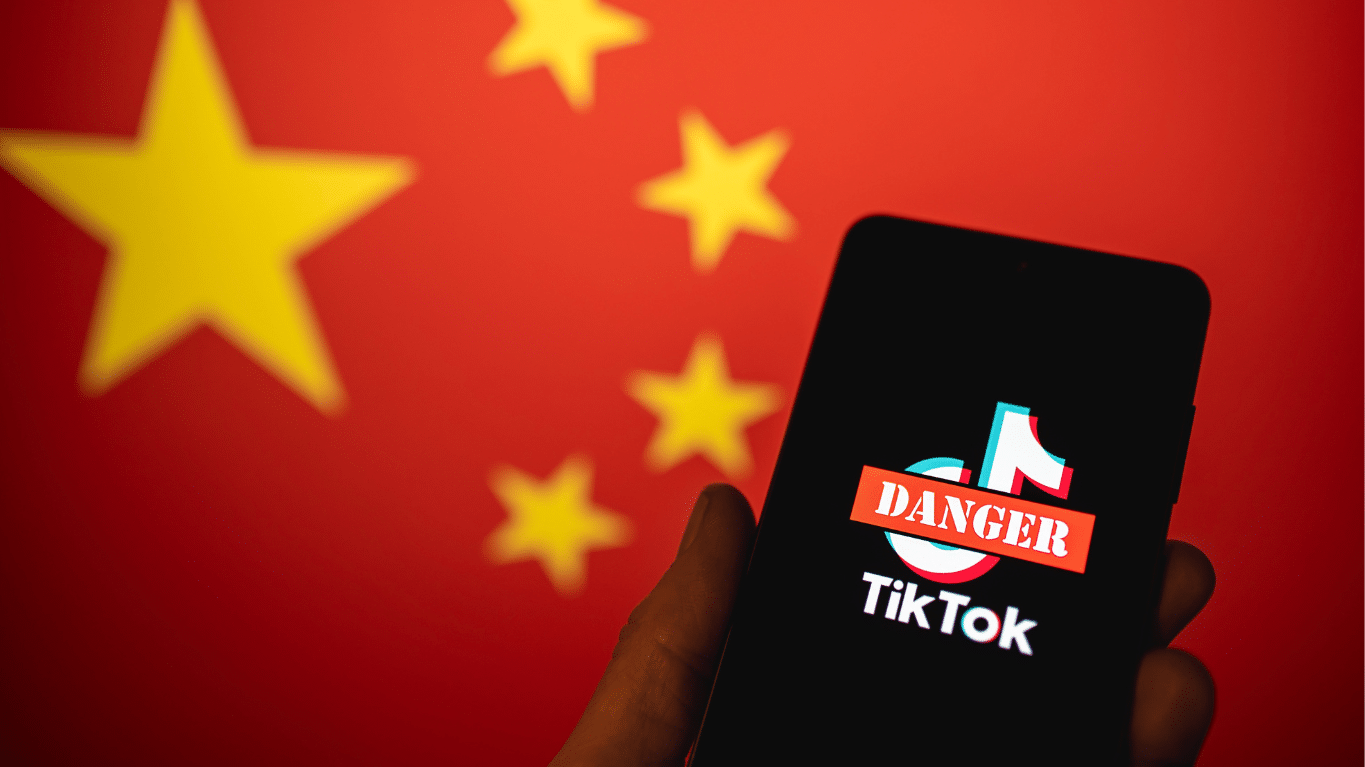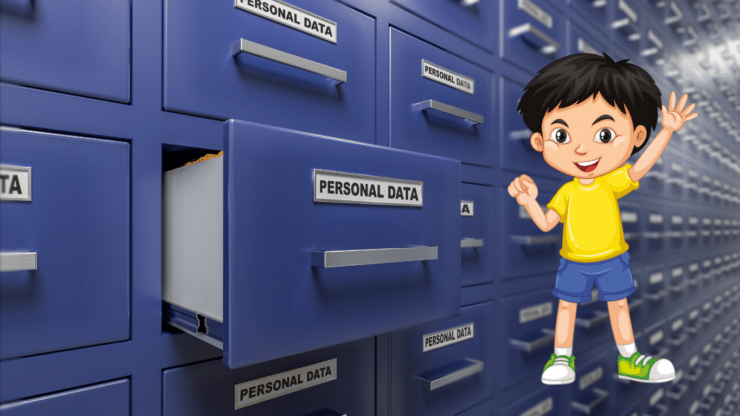As parents, we strive to protect our children from harm, both physical and emotional.
In today’s digital age, one of the biggest threats to our children’s well-being is data surveillance. We’ve started rudimentary conversations with our children about internet data collection. They’re aware of safe internet usage, harmful content, cyberbullying and how they should represent themselves in a virtual space.
To date, there has been very little discussion about smart toys, online speakers, and other connected devices, and what information they might be collecting.
Chris Tucker, curriculum consultant and technological education teacher with the York Region Board of Education in Ontario, explains, “From a very early age, many aspects of a kid’s life are online. From your Fitbit to Google Home, if you’re connected to WiFi, data can be collected about you.”
The Internet of Things
We’re familiar with online safety, but what might be less familiar is data shared in your home. Internet connectivity can now be accessed through household and personal items, a phenomenon known as the Internet of Things (IoT).
The IoT refers to the expanding network of physical devices that communicate with each other and share data over the internet. These devices include smart speakers, thermostats, refrigerators, security cameras, and even toys. The convenience of these devices is undeniable, but the data they collect about us and our children is staggering.

How is Data Used?
Data is the new currency in a digital marketplace. What we willingly surrender for the privilege of being connected is staggering. “We’re already seeing the results of data collection on our kids, with both short-term and long-term effects,” warns Tucker.
Imagine your child uses a smart toy aimed at language development. What if, regardless of whether the toy was inert or actively in use, it was collecting information and sending it back to its manufacturer to develop key insights about purchasing behavior, or how to develop future iterations of that toy?
Take, for example, Hello Barbie, a doll that uses WiFi and speech recognition technology to engage in two-way “dialogue”. Hello Barbie asks its user a series of scripted questions that could easily be used for advertising or marketing purposes:
- What’s your name?
- What’s your middle name?
- What’s your favorite restaurant?
- What’s your favorite movie?
- Are there any babies in your family right now?
“Kids using Hello Barbie aren’t only talking to a doll, they are talking directly to a toy conglomerate whose only interest in them is financial,” says Dr. Susan Linn, from commercialfreechildhood.org.
And what about data breaches and security issues? One need look no further than the CloudPets scandal of 2017, when over 2 million voice recordings between parents and their children were hacked (its parent company, Spiral Toys, went out of business two years ago).
ALSO: The Links Between Social Media and Teen Depression
Or consider the WiFi-enabled toy CogniToys Dino, which uses unencrypted network connections and transmits microphone recordings that, if intercepted, could expose the user’s home WiFi password. “We are so willing to purchase these things for our home and our kids, with the intention of keeping everyone safe or entertained,” muses Tucker, “when we could actually be putting our family in a vulnerable situation.”
To take it a step further, imagine the data collected from your child’s smart toy was made available to people who could impact his college applications, determine his health insurance coverage or even weigh whether or not he qualifies for a loan as an adult. “It’s not a stretch to suggest that data collected now will have long-term implications,” says Tucker. “It’s already happening.”
There are certainly benefits to data collection: innovation, productivity, growth, all of which can have a significant impact on our well-being. However, our children’s generation hasn’t been given the choice to disconnect. It’s estimated that by the time your child turns 18, there will be an estimated 70,000 posts about him – some of which will have been online before they’re even born.
Twitter, Elon Musk, and Data Privacy
In recent news, Elon Musk’s acquisition of Twitter for $44 billion has raised concerns among Twitter users about their data privacy. While the Tesla CEO initially referred to Twitter as a “de facto town square,” he now owns every tweet, direct message, and personal information ever shared on the platform.
This development raises a red flag for digital privacy advocates, who have long criticized Twitter’s lackluster security measures and data handling practices. Twitter has struggled with data breaches and security issues in the past, leading many to worry about what could happen to their personal data under Musk’s ownership.
But Musk’s reputation as an eccentric billionaire and his tendency to make unpredictable decisions are what’s got people really worried. If Musk decides to go on a Twitter rampage, could he potentially expose users’ sensitive data to the public? And what if he decides to do away with privacy altogether?
ALSO: Signs Your Teen is Addicted to Smartphones and Social Media
Adding fuel to the fire is Musk’s reported plans to cut down Twitter’s staff by 75%, which could compromise the platform’s security even further. While Musk has expressed an interest in end-to-end encryption for direct messages, it remains to be seen whether he will prioritize user privacy and security, or if he will prioritize advertising revenue instead.
So what can Twitter users do to protect their data? Unfortunately, there’s not much they can do. Despite Twitter’s policy of deleting accounts upon request, user data may still remain on their servers for years after deletion. Twitter’s direct messages are also not end-to-end encrypted, meaning the company has access to the content of these messages.
It’s a tough pill to swallow for users who have come to rely on Twitter as a platform for sharing information and connecting with others. The reality is that users’ data is only as safe as the company they entrust it to, and that ownership can change at any time.

TikTok and Data Privacy
Another tech platform that has come under scrutiny for its data privacy practices is TikTok. The Biden Administration and the U.S. intelligence community have raised concerns that the app’s parent company, ByteDance, could be sharing American users’ data with the Chinese state for use in covert influence operations. These fears have been amplified by TikTok’s ability to reach millions of users, including children and teens, and Meta’s efforts to paint the app as a danger to American kids.
ALSO: The Lesser Known Chat Site That Endangers Children
However, there is little publicly available evidence that TikTok controlled any narrative on behalf of the Chinese state, nor is there any proof of a clandestine connection between TikTok and the Chinese government. TikTok’s data privacy practices have been criticized for prompting users to let TikTok harvest their phone contacts lists and spying on reporters using location data.
While TikTok’s data privacy practices are concerning, they are hardly unique among social media companies. The real issue is the lack of comprehensive privacy legislation in the U.S., which allows companies to operate with little oversight when it comes to collecting and/or monetizing user data.
What Does This Mean for Your Children?
“It’s important to be vigilant and aware of input and output in an online world,” says Tucker. “In a way, we have to be more watchful with kids because they’re usually the first to adapt new devices.”
He recommends asking some basic questions before investing in any kind of “smart”, connected device or app.
“What information will it collect? Where is the data stored and who can see it?” he suggests. If the company can’t answer the most basic questions about your device, you may want to invest in something a little less smart.
As technology continues to advance, the collection and use of data will only become more prevalent. It’s up to us as parents and consumers to educate ourselves and our children on the potential risks and benefits of using connected devices or online apps and to make informed decisions about how we use technology in our lives.
ALSO: How to Change the Content Rating on Disney Plus
Tucker also recommends that parents establish a “family tech policy” that outlines rules around device usage, including when and where devices can be used and what kind of content is appropriate. “It’s important to have a plan and a set of rules around tech usage,” he says. “If kids know what the expectations are, it’s easier for them to follow them.”
Parents can also protect their children’s privacy online by using privacy-focused search engines like DuckDuckGo, which doesn’t track or store search history. Tucker also recommends using a virtual private network (VPN) to encrypt internet traffic and protect against online tracking and monitoring. Additionally, parents should regularly review the privacy settings on their children’s devices and social media accounts to ensure that personal information isn’t being shared with third parties.

Parents should also educate themselves about the data privacy policies of the companies behind the devices and services their children are using. “Parents need to be aware of the data collection practices of these companies and ask questions about how their data is being used,” says Tucker.
He also encourages parents to teach their children about the value of privacy and the importance of protecting their personal information. “Kids need to understand that their personal information is valuable and that they have a right to privacy,” he says. “They need to learn how to protect themselves online and how to make informed decisions about the kind of information they share with others.”
Ultimately, protecting children’s privacy online requires a multifaceted approach that involves parents, educators, policymakers, and the tech industry itself. By working together, we can ensure that children’s privacy is protected and that they are able to enjoy the benefits of technology without sacrificing their personal information.








Add comment